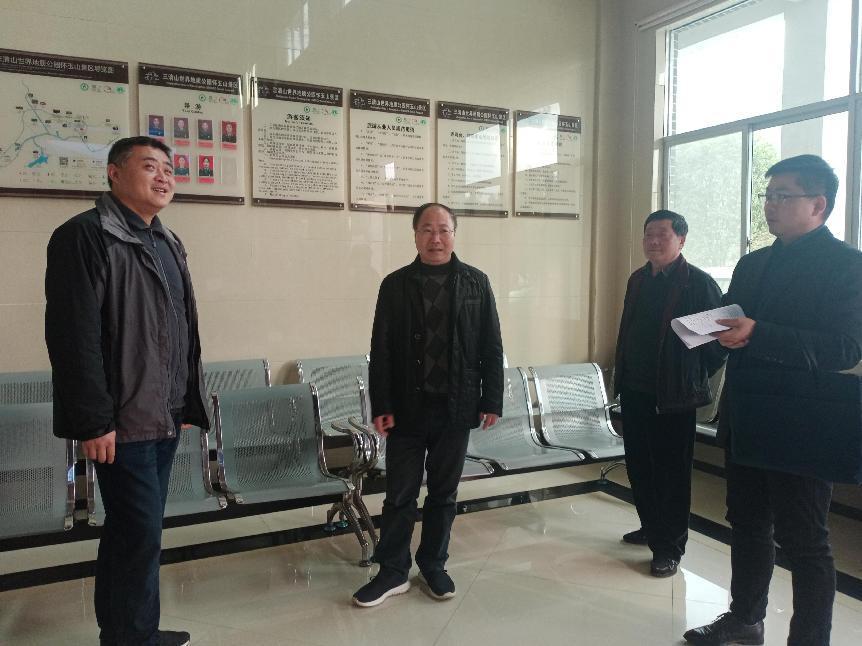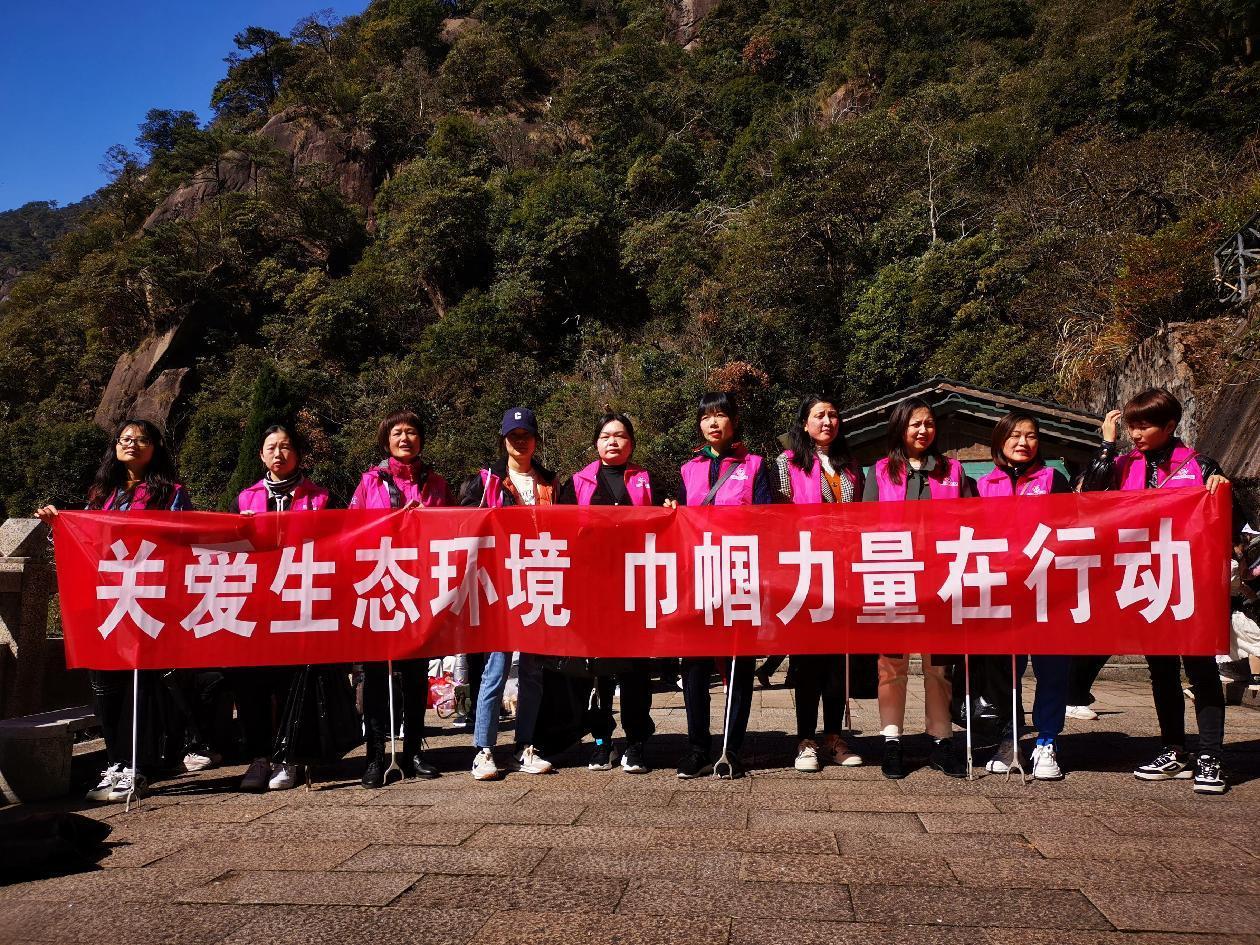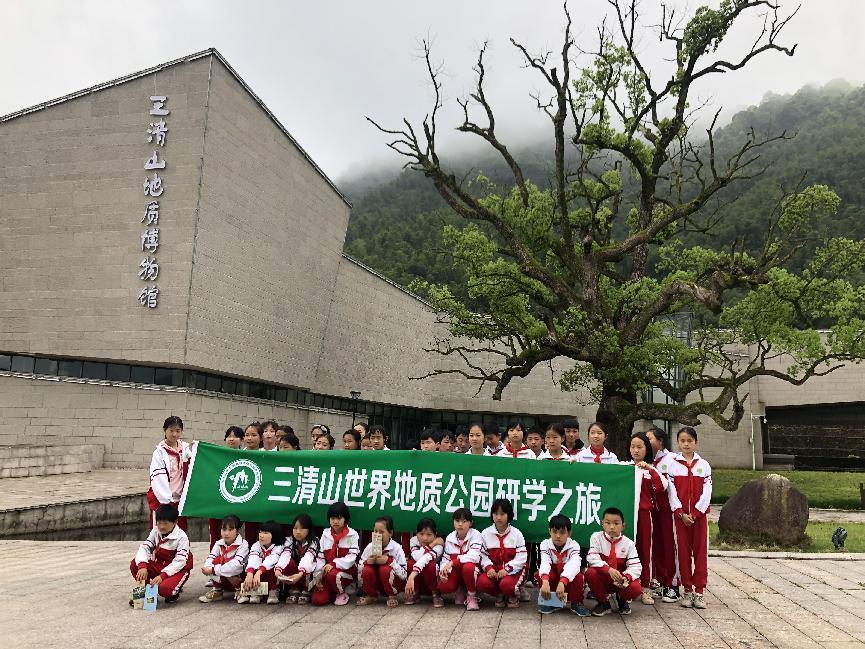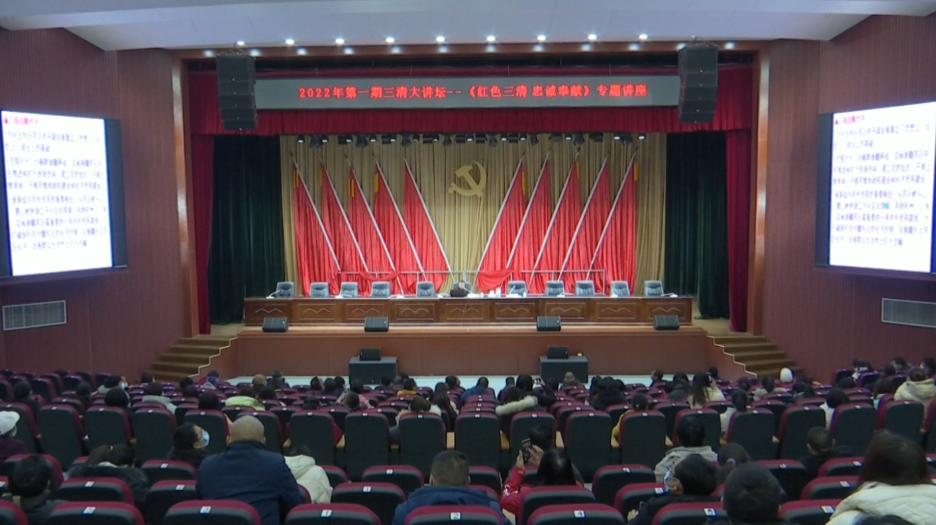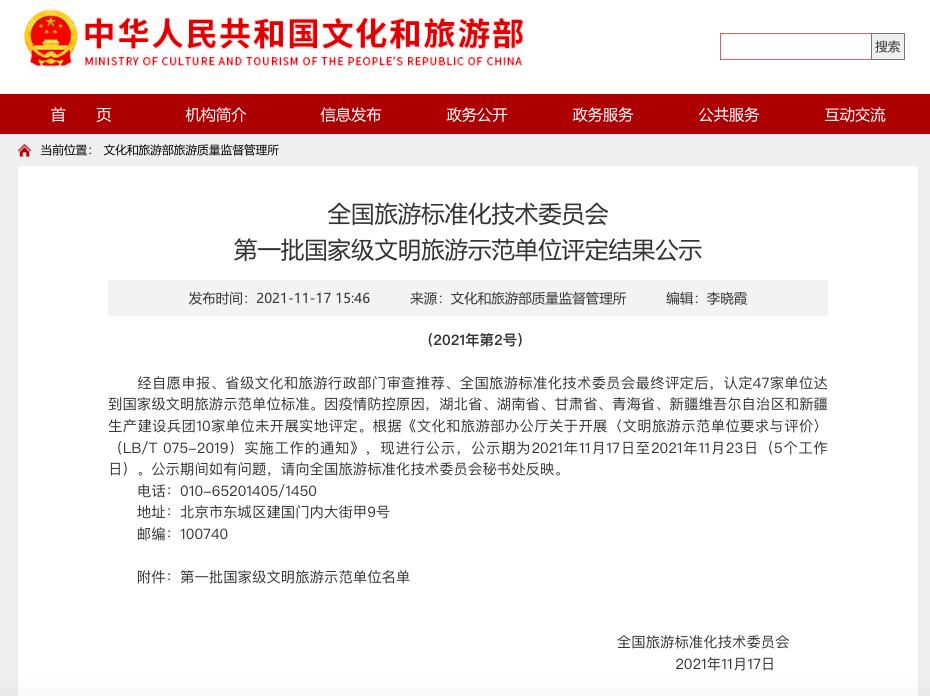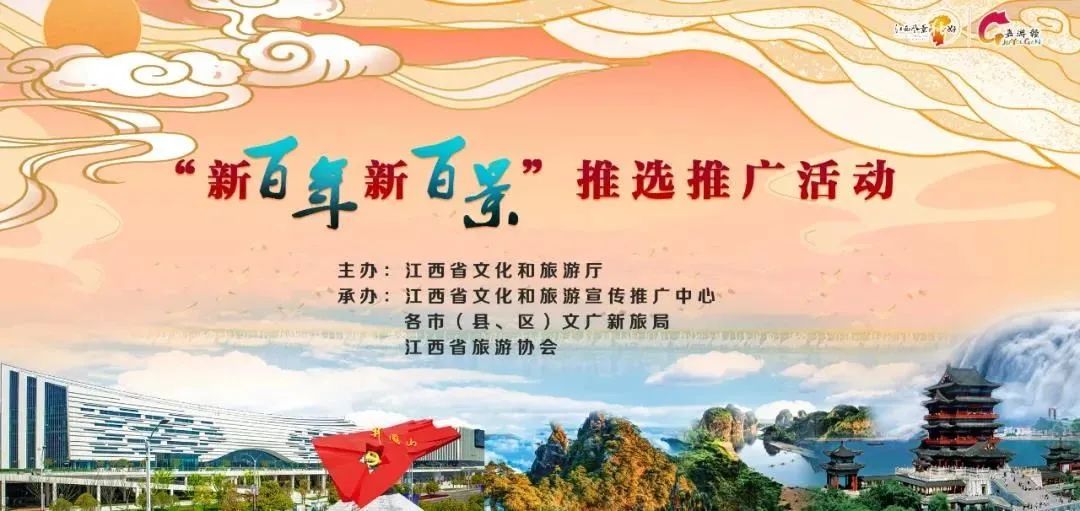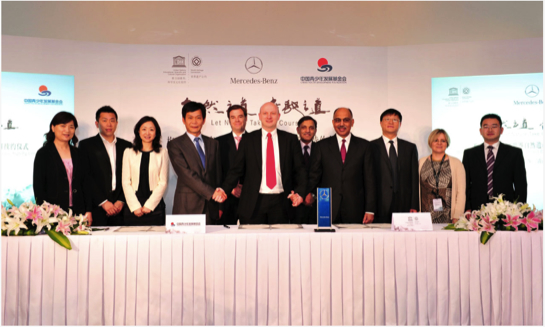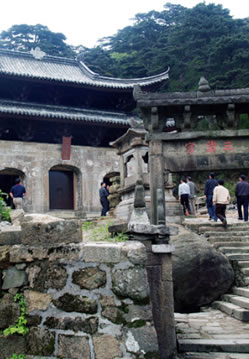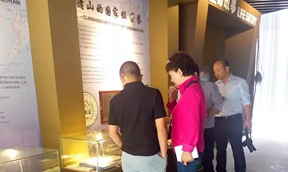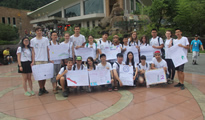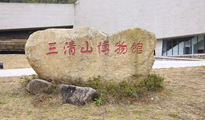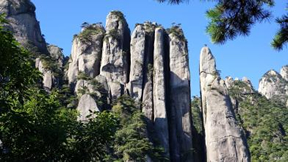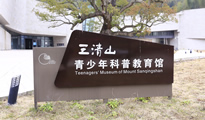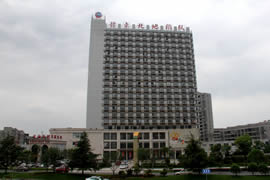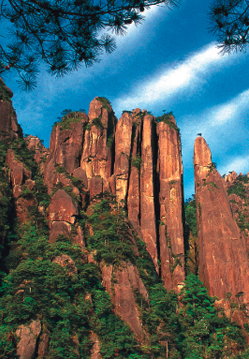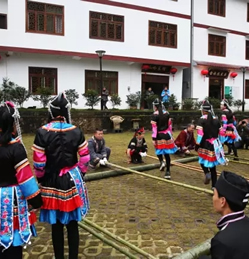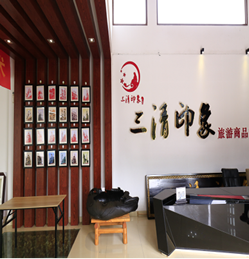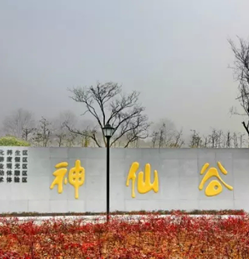论坛概要 2015年“联合国教科文组织世界遗产系列论坛——世界遗产地可持续旅游”论坛 2015年5月20-22日,江西省,三清山 自联合国教科文组织世界文化和自然遗产保护公约于1972年生效以来,全球已有1000余处世界遗产地列入世界遗产名录。 确保世界遗产地的突出普遍价值依然是一项极具挑战的任务。尤其是那些处于不断变化环境中的世界遗产地,它们更易受到城市快速发展、工业化、大众旅游、环境污染、自然灾害、政治和社会冲突等因素的影响。 在遗产地面临的所有挑战中,如何制定战略性路径来实现世界遗产保护、旅游发展和社区繁荣三者之间的可持续互惠关系仍然是重要但有待解决的难题。 旅游和观光已成为全球最大的产业之一,2013年全球入境旅客人数(过夜游客)增长5%,创下了10.87亿人次的记录。据联合国世界旅游组织估计,到2020年该数字将攀升至惊人的16亿。 世界遗产地是备受这数量庞大的游客欢迎的旅游目的地。旅游业的前景非常重要,尤其是在发展中国家。可持续旅游能为这些国家提供就业、有助于保护传统习俗和减少贫困。然而,许多世界遗产地由于缺乏资源、经验以及受过良好培训的工作人员,没有能力管理好旅游业以使其有利于长期保护世界遗产价值。 在这种情况下,联合国教科文组织举办主题为“世界遗产地可持续旅游”的论坛恰逢其时。 此次论坛的目的在于: l 通过倡导以可持续发展为原则的旅游管理方式来推动形成世界遗产管理者和旅游利益相关者的共同愿景,即共同担负起保护人类共有的文化和自然遗产突出普遍价值的责任 论坛将要讨论的议题: l 如何通过提出和制定政策、战略、管理框架和工具等手段以增强世界遗产地环境的承载力和恢复力,这些政策和策略等支持对遗产地采取敏感且负有责任的可持续旅游方式以保护文化和自然遗产突出普遍价值; l 如何推动利益相关者更有效地参与到可持续旅游的规划、开发和管理中来,从而使当地社区能够认识到“旅游目的地导向”为世界遗产保护所带来的挑战和利益; 此次论坛将会召集: l 全球世界遗产及旅游领域的优秀从业人员; l 联合国教科文组织世界遗产中心、国际古迹遗址理事会(ICOMOS)代表和国际自然与自然资源保护联盟(IUCN)代表; l 政策制定者、旅游和世界遗产领域的专家和工作者。 以上与会成员将会: l 商讨并确认为应对上述三个关键问题所需达成更有力合作所存在的关键挑战和机遇。 l 探索为确保旅游业和世界遗产利益相互支撑所需采取的新的行为和合作方法。 l 探讨典型案例并由专家提出建议,以便为其他区域树立先进榜样或提供借鉴。 正如联合国教科文组织总干事伊琳娜·博科娃所说: “文化塑造了我们的特性,文化是培育人与人之间相互尊重和包容的手段。文化还可以创造数百万的就业机会,是改善人们的生活、增进相互理解的途径。必须通过可持续旅游来推进保护文化遗产,这也是本次会议将要传达的核心信息。这个愿景将指导我们致力于将文化作为可持续发展的驱动力,这对于应对当前面临的变化尤为重要,因为许多国家都正在制定将在2015年实施的全球可持续发展新议程” 在联合国教科文组织“世界遗产和可持续旅游“全球项目框架基础上,基于联合国世界旅游组织/联合国教科文组织世界旅游和文化会议:建立新的伙伴关系(柬埔寨暹粒,2015年2月4-6日),以及形成“石林建议”的联合国教科文组织世界遗产系列论坛—2014年主题为“遗产保护·旅游发展·社区繁荣”的石林论坛(中国石林,2014年6月4-5日),本次三清山论坛旨在: l 体现国际标准和最佳实践方式,结合中国国情形成“中国世界遗产地可持续旅游管理自评表”。 有关本次论坛的更多详情,请参阅联合国教科文组织驻华代表处官方网站http://www.unescobej.org/cn/node/447。 Concept Note UNESCO World Heritage Forum Serials 2015 Sanqingshan Forum on Sustainable Tourism at World Heritage site 20-22 May 2015, Sanqingshan, Jiangxi Province Since the ratification of UNESCO’s Convention Concerning the Protection of the World Cultural and Natural Heritage in 1972, over 1,000 World Heritage sites have been inscribed spread across the globe. Ensuring that World Heritage sites retain their Outstanding Universal values however remains a challenging mission especially in ever changing environments where sites are vulnerable to the effects of rapid urban development and industrialization, mass tourism, increasing pollution, natural calamities, and political and social conflicts. Among all these challenges, the quest to develop strategic approaches which build and deliver relationships and create mutual and sustainable benefits for World Heritage conservation objectives, tourism development and local prosperity, remain vital yet problematic. Travel and tourism have become one of the biggest industries in the world. Inbound tourist arrivals (overnight visitors) to International destinations grew by 5% worldwide in 2013, reaching the record number of 1.087 billion, that year. It is estimated by UNWTO that this number will reach a staggering 1.6 billion by 2020. World Heritage sites are popular tourism destination for this vast number of visitors. The prospects of tourism can however be very important, particularly in the developing world where sustainable tourism can provide jobs, help preserve traditions and customs, and reduce poverty. However, many World Heritage sites lack the resources, experience and trained personnel to be enable them to manage tourism in ways which ensure the long-term preservation of their World Heritage values. Given these circumstances, UNESCO believes it is not only timely but highly appropriate to organize this Forum and focus it on the theme of Sustainable Tourism at World Heritage sites. The Aim of this Forum is therefore to l Promote the collective vision that World Heritage managers along with tourism stakeholders should accept and share responsibility for the conservation of our common cultural and natural heritage of Outstanding Universal Value by promoting appropriate forms of tourism management which foster the principles of sustainable development The Scope of the Forum will be To share and discuss experiences and agree approaches which demonstrate: l How to strengthen the capacity and resilience of the environment of World Heritage sites by developing and advocating policies, strategies, frameworks and tools that support sensitive and responsible sustainable tourism as a realistic means of safeguarding cultural and natural heritage of Outstanding Universal Value. l How to promote effective stakeholder engagement in the planning, development and management of sustainable tourism so that local communities are empowered to recognise the challenges and benefits of a “destination approach” to heritage conservation. The Forum will bring together l the world’s leading practitioners in the field of World Heritage tourism; l representatives from UNESCO World Heritage Center (WHC), ICOMOS, IUCN; l policymakers, prominent experts and practitioners in tourism and World Heritage. Together they will l identify the key challenges and opportunities for stronger cooperation which are needed to respond to these three key issues. l explore those new behavioural and partnership approaches needed to ensure the interests of tourism and World Heritage are mutually supportive. l discuss about the selected World Heritage sites as case studies and make suggestions, in order to provide reference or set good examples for other sites to follow. In the words of Irina Bokova, UNESCO Director-General: “Culture shapes our identity and is a means to foster respect and tolerance among people. It is also a way to create millions of jobs and improve people’s lives, a path to strengthen mutual understanding. Safeguarding cultural heritage must move forward with sustainable tourism, which is the core message of this Conference. This vision guides our efforts to promote culture as a driver and as an enabler of sustainable development, and is especially important at this time of change, when countries are shaping a new global sustainable development agenda to follow 2015.” In recognition of UNESCO’s World Heritage and Sustainable Tourism Programme and in consideration of the UNWTO / UNESCO World Conference on Tourism and Culture: “Building a New Partnership” (Siem Reap, Cambodia / 4-6 February 2015), and by building upon the Shilin Recommendations of UNESCO’s World Heritage Forum Series—2014 Shilin Forum on Tourism Development and Local Prosperity at World Heritage site (Shilin, China/4-5 June 2014), this Sanquingshan Forum aims to l Devise a Checklist for the Management of World Heritage sites in Chinato help managers reflect on the practice and guide the promotion of Sustainable approaches to tourism at World Heritage sites in China. For further details of the Forum, please refer to http://www.unescobej.org/en/node/445
电话:+86-793-2403059
邮箱:sqsdzgy@163.com
地址:江西省上饶市玉山县
邮编:334799
版权所有:上饶市三清山智慧旅游有限责任公司
备案序号: 审核中
审核中
备案序号:赣ICP备2022008787号-3
技术支持:上饶市三清山智慧旅游有限责任公司
![]() 返回顶部
返回顶部


